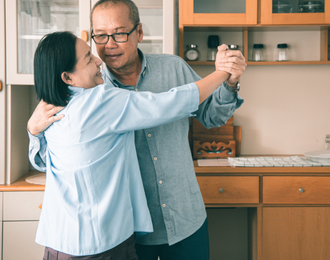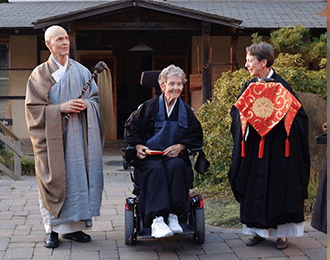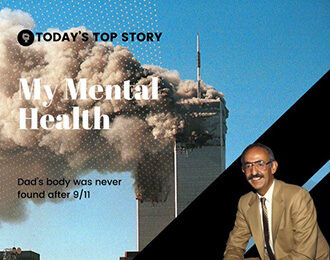Afghanistan, Veterans, Trauma, and Triggered PTSD
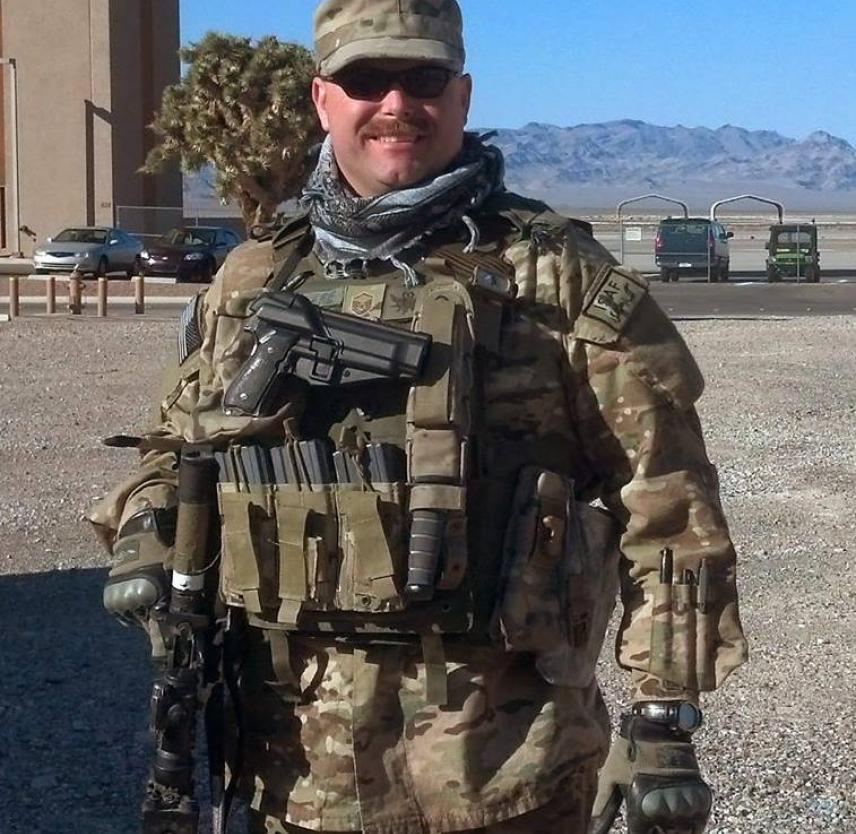
Brainline – August 2021
Author: Stacey Shade-Ware, Brainline.org WETA Public Television
If you are in crisis, please call 1-800-273-8255 (veterans or military families Press 1).
The news about the Unites States withdrawing military forces from Afghanistan is hard to stomach. I am angry. I am sad. And I am worried. Worried about the people left there under the Taliban regime. Worried about the possible backlash to the Muslim community here in the United States. Worried about the troops still there working with humanitarian aid. Worried about the veterans and their families who sacrificed so much. Decades of work, deployments, injuries, and death for seemingly nothing.
I can’t focus. I keep thinking about how many might give up.
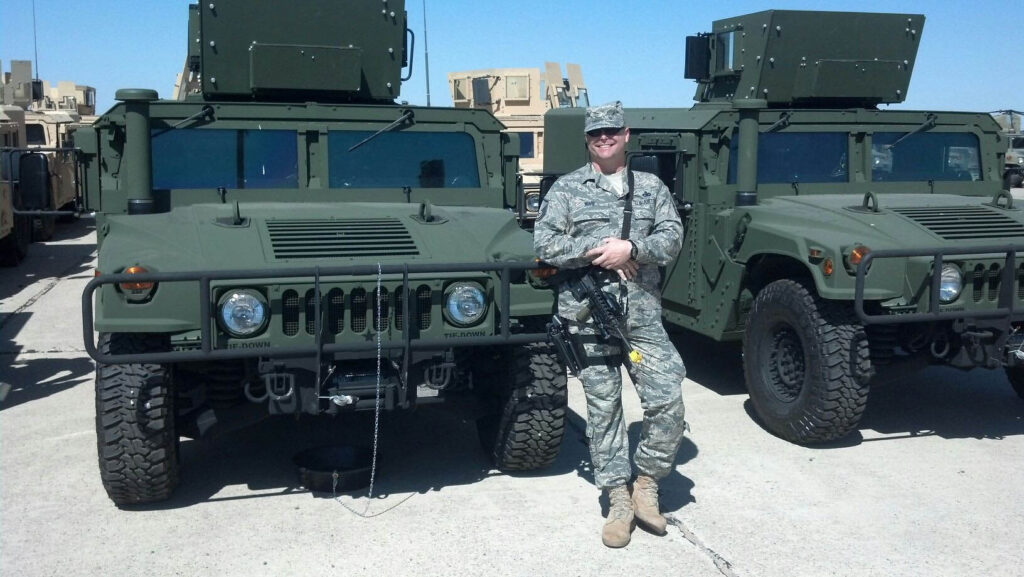

My husband retired after twenty-five years in the United States Air Force (USAF). He was Security Forces. A “Defender of the Force.” A cop. He did much throughout his career but enjoyed his time with EST the most. EST is the Emergency Services Team, considered the USAF’s S.W.A.T. team.
For those who may not know, that means he was a ground combatant. He was in the field, in firefights. He witnessed several things he’d rather not talk about. He also drove a Chevy Blazer truck with his butt on the flight line (the runway on base) on a dare – but that’s a story for another day. He put himself in harm’s way to protect his comrades. He likes to say, “lead from the front.” He did that by volunteering himself. He came home with physical scars and invisible wounds.
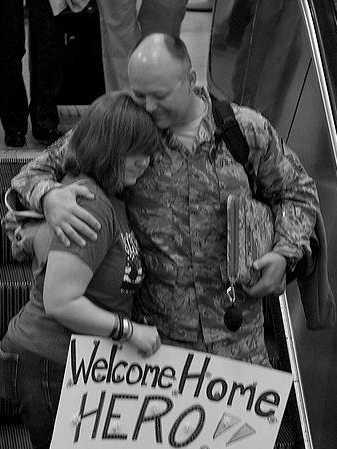
I met him a month after 9/11, as his friends and colleagues were being sent overseas. He would leave for our first time apart, a TDY (temporary duty travel), that December but he didn’t get to go to Afghanistan with his buddies. He supported the G.W.O.T. (the Global War on Terror) during his missions at home and other locations. He would not deploy to Afghanistan, for the first time, until 2007.
I lived through years and years of multiple deployments to Afghanistan and neighboring countries. Countless care packages. Hand-written letters and sporadic phone calls before the age of video chat. Many, many worry-filled nights. We lost friends both overseas and here at home. Either killed in action or succumbing to physical or mental health wounds.
I am serving now as the Director of BrainLine.org. I started my content creation career in the theater because I love a good story. Now I help others tell their stories of service. I connect military audiences to resources they need or programs for which they don’t know they qualify. My husband says I have a unique ability to sense the needs of others, a caregiver, through and through.
Twenty years of war. What do we do now?
What can you do when you start to feel like it is all too much or all for naught?
We can take care of ourselves.
We can’t serve from empty vessels, so we circle the wagons, and take care of our own which starts with ourselves. Self-care is NOT selfish. Now is the time for more self-care. Schedule extra time for breaks or downtime, because you and your brain will need it. Below are some tips on self-care (I even needed to remind myself of these).
Self-Care Tips in Times of Grief
- Connect: Reach out to your friends and loved ones. Call, chat, text, or video conference. Even if all you say is laden with curse words (WTF comes to mind) or you sit together in silence. Knowing that you are there for each other is all it takes to start to feel better.
- Post 9/11 Veterans can connect with Wounded Warrior Project® by calling 888.WWP.ALUM (997.2586) or 904.405.1213. Post 9/11 injured service members, veterans, and their families can register for free services, classes, and connection.
- Touch: Hug a loved one, a pet, or yourself. Hugging is beneficial to your well-being!
- Move: Go for a walk. Do some yoga. Dance.
- Craft or Create: Write. Sing. Sew. Crochet/Knit. Make art in any medium. Even if no one sees it.
- Game: Video or board games are a great way to connect with friends or family and release some stress.
- Breathe: Focused breathing and meditation will help calm your mind and body.
- Hydrate: ½ to 1 ounce of water per pound of body weight can be more than you think.
- Fuel your body: Make healthy food choices as you are able. Don’t forget to eat.
- Clean: Yourself or your space. Take some time to tidy up or enjoy a nice bath/shower to relax.
- Don’t forget to take your meds! Whether you feel terrible or fantastic, please don’t skip any doses of prescribed medication.
- Eliminate triggers and/or distractions: Turn off the news.
- Sleep. You might be surprised that your body might need more time to feel rested.
- Take small steps: Little Actions Make A Big Difference – Well Beings
If it really does feel like it is all too much, please call a hotline or seek professional help. There are resources out there to help you. You are never alone.
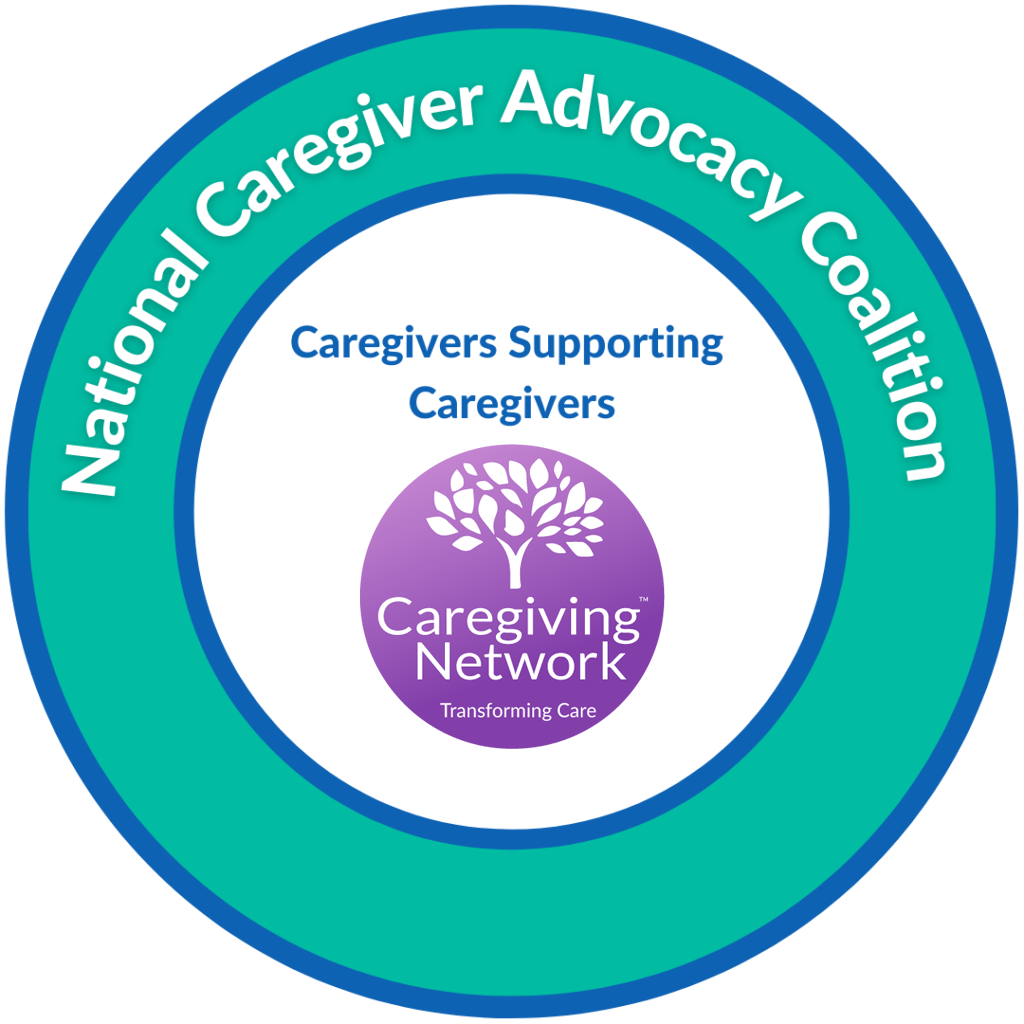
Join our National Advocacy Coalition Today and Connect with Others like You

